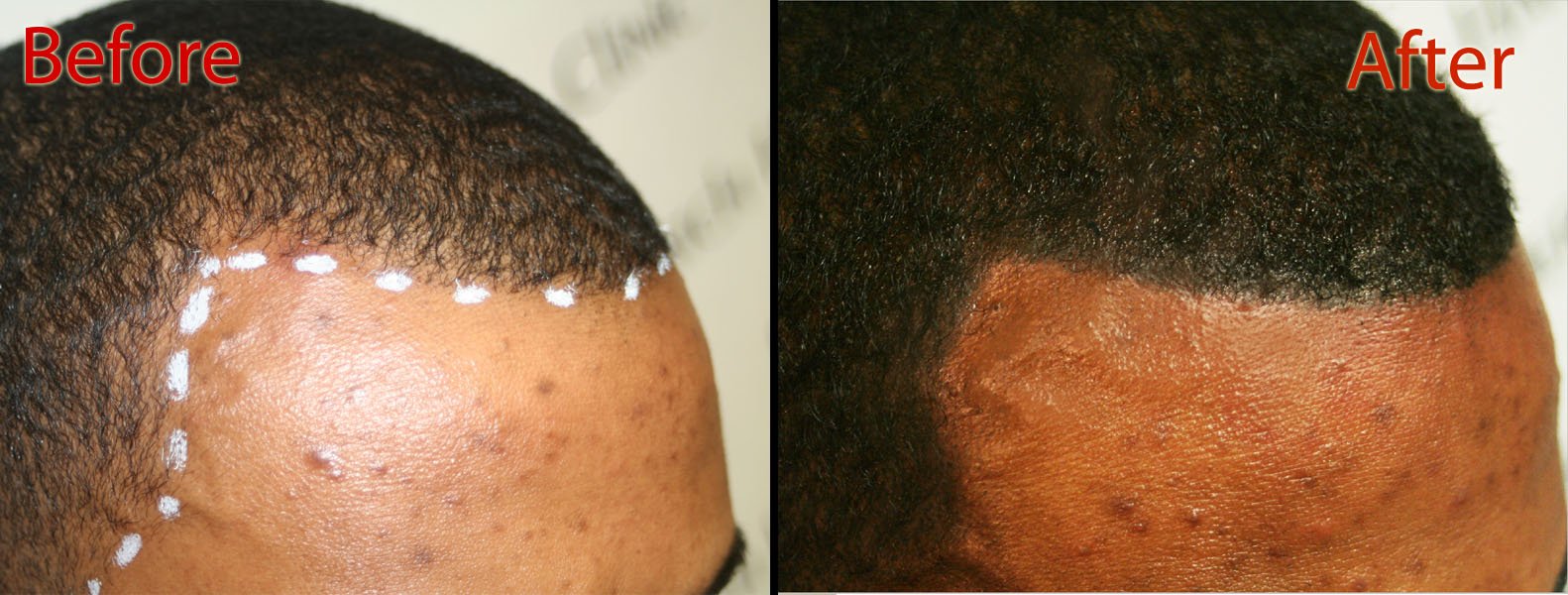NEWS |
does creatine cause hair loss

does creatine cause hair loss – Creatine is one of the most researched and widely used supplements in the fitness industry, praised for its ability to enhance athletic performance, increase muscle mass, and improve recovery. However, a lingering concern among some users is whether creatine might contribute to hair loss. This article delves into the relationship between creatine supplementation and hair loss, examining the scientific evidence, biological mechanisms, and various factors that may influence this issue.
Table of Contents
Understanding Creatine
What is Creatine?
Creatine is a naturally occurring compound found in small amounts in certain foods, primarily in red meat and fish, and is synthesized in the body from amino acids. It plays a critical role in energy production, particularly in high-intensity, short-duration activities such as sprinting and weightlifting.
Mechanism of Action
Creatine helps replenish adenosine triphosphate (ATP), the primary energy carrier in cells. When muscles engage in intense activity, ATP is rapidly consumed. Creatine supplementation increases phosphocreatine stores, allowing for faster ATP regeneration, leading to improved performance and endurance.
The Link Between Creatine and Hair Loss
The Claim
The claim that creatine may cause hair loss primarily stems from anecdotal reports and a few small studies. Some users have observed increased shedding or thinning of hair during or after creatine supplementation, leading to speculation about a potential connection.
Dihydrotestosterone (DHT)
A key factor often mentioned in this context is dihydrotestosterone (DHT), a potent androgen derived from testosterone. Elevated DHT levels are associated with androgenetic alopecia, commonly known as male or female pattern baldness. Some studies suggest that creatine may increase DHT levels, raising concerns about its potential impact on hair health.
The Research Landscape
Early Studies
One of the most frequently cited studies regarding creatine and hair loss is a 2009 study on rugby players. The study found that creatine supplementation resulted in a significant increase in DHT levels after three weeks of use. However, it is crucial to note that this study was small, and the findings are not definitive.
Subsequent Research
Since the 2009 study, further research has not consistently supported the idea that creatine significantly raises DHT levels or contributes to hair loss. A systematic review of the literature reveals that while some individuals may experience changes in hair growth or loss, these effects can vary greatly from person to person and are not universally observed among creatine users.
Other Factors Influencing Hair Loss
Genetics
Genetics play a substantial role in hair loss. If you have a family history of androgenetic alopecia, you may be predisposed to hair loss regardless of creatine supplementation. Understanding your genetic predispositions is essential in assessing your risk factors.
Hormonal Changes
Hormonal fluctuations can influence hair health. Factors such as stress, diet, and overall health can alter hormone levels, including DHT. It’s essential to consider these variables when evaluating hair loss, as they may be more significant contributors than creatine itself.
Diet and Nutrition
Nutritional deficiencies can impact hair health. A diet lacking in essential vitamins and minerals, such as iron, zinc, and B vitamins, can lead to hair thinning. It’s crucial for individuals considering creatine supplementation to maintain a balanced diet to support overall health and hair vitality.
Age
As we age, hair loss becomes more prevalent due to natural hormonal changes and a decrease in hair follicle activity. This age-related hair loss can be mistaken for the effects of supplements like creatine.
Addressing the Concerns
Moderation and Individual Variation
For most individuals, moderate creatine supplementation is safe and effective. However, everyone responds differently to supplements. If you’re concerned about hair loss, consider monitoring your hair health and consulting with a healthcare professional before starting supplementation.
Consulting Professionals
If you notice significant hair loss while taking creatine, it may be worth discussing with a dermatologist or a healthcare provider. They can help identify potential causes and recommend appropriate interventions.
Conclusion does creatine cause hair loss
The current evidence does not definitively support the claim that creatine causes hair loss. While some studies suggest a potential increase in DHT levels, the overall research landscape is inconclusive, and many individuals use creatine without experiencing any adverse effects on their hair. Genetic predisposition, hormonal changes, dietary factors, and age are more likely contributors to hair loss than creatine supplementation alone.
As with any supplement, it’s essential to approach creatine with an informed perspective. Understanding your individual risk factors and consulting with healthcare professionals can help you make the best decisions for your health and fitness goals. If you have concerns about hair loss, addressing them proactively with a holistic approach may provide the most effective solutions
Related Posts
- Samsung is again rumored to be working on a cheaper Galaxy Z Flip 6
- Samsung’s next flip phone might be cheaper than you think — here’s what we know
- This iPhone 17 display rumor is the biggest reason yet to skip the iPhone 16
- Samsung Galaxy S25 may finally get this handy Android update feature
- Here’s how One UI 7 could maximize gaming performance on your Galaxy phone


